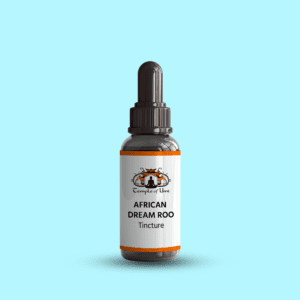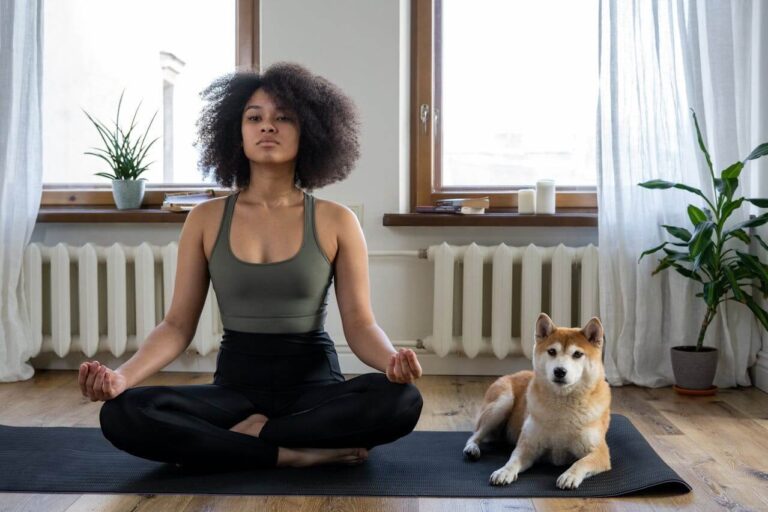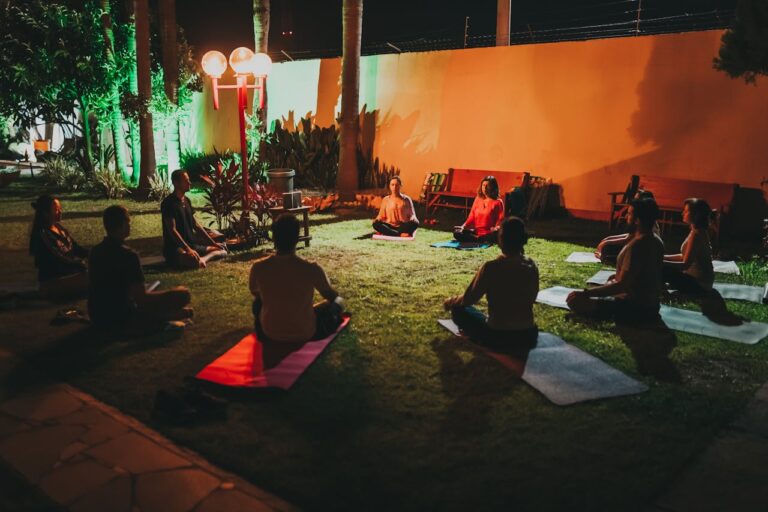Meditation for beginners
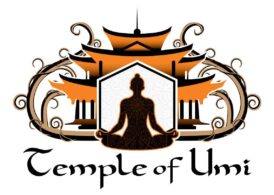
By Temple of Umi
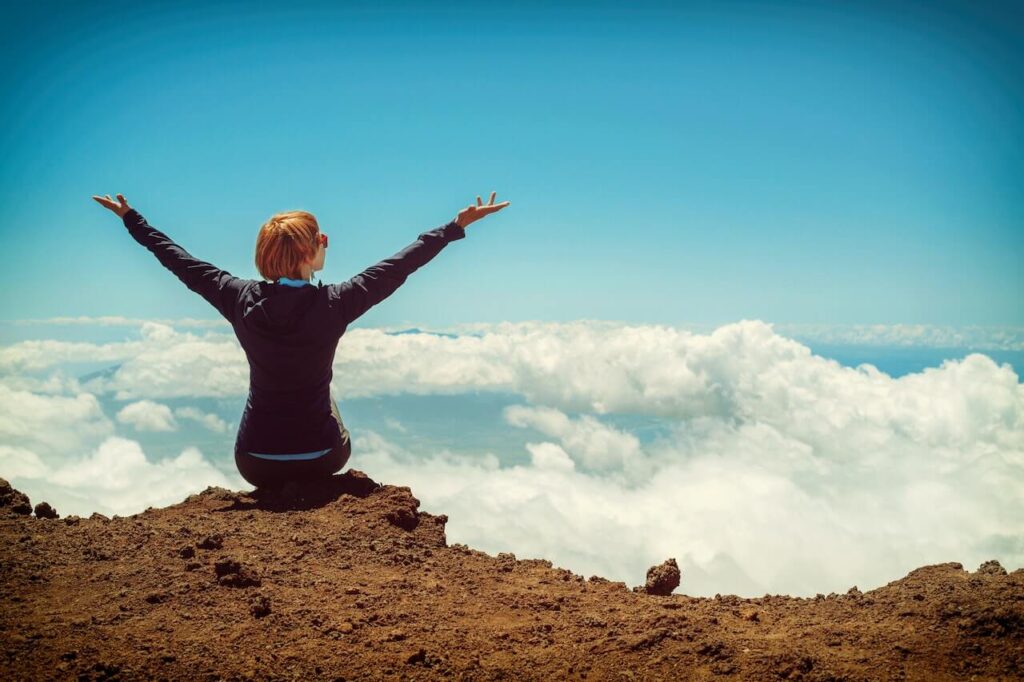
Table of Contents
Embark on a transformative journey with meditation for beginners. Uncover the power of mindfulness in daily life, explore advanced meditation techniques, and join a community eager to share experiences and insights. Start your path to inner peace today.
Introduction
In the hustle and bustle of modern life, finding a moment of peace can seem like searching for a needle in a haystack. Yet, the ancient practice of meditation has surged in popularity as a beacon of tranquillity in our chaotic world. Meditation for beginners offers a gateway to this serene realm, inviting individuals to explore the profound benefits of mindfulness and inner silence. Its growing appeal lies in its simplicity and its profound ability to enhance well-being and quality of life.
The importance of meditation for beginners cannot be overstated. Starting this journey can transform one’s approach to life’s stressors, foster a greater sense of calmness, and enhance overall health. Let’s embark on this enlightening path, unravelling the essence of meditation and the variety of techniques tailored for newcomers.
Understanding Meditation
The Essence of Meditation
Meditation is the practice of focusing the mind and achieving a state of deep peace. Its historical roots trace back thousands of years, with references in ancient texts across various cultures and traditions. Despite its age-old origin, meditation remains relevant, addressing the timeless quest for tranquility and self-discovery.
Common misconceptions about meditation often deter beginners. Many believe it requires emptying the mind of thoughts or possessing a unique talent for concentration. However, meditation is about observing thoughts without judgment and finding calmness amidst mental activity, making it accessible to everyone. Learn more.
Types of Meditation Techniques for Beginners
Diving into meditation introduces beginners to techniques with unique benefits and approaches. Here are a few to consider:
- Focused Attention Meditation: This technique involves concentrating on a single object, sound, or breath, teaching the mind to focus and redirect attention when it wanders.
- Mindfulness Meditation: Mindfulness encourages practitioners to observe wandering thoughts as they drift through the mind. The aim is not to get involved but to be aware of each mental note as it arises.
- Loving-Kindness Meditation: Also known as Metta meditation, this practice involves directing feelings of love and kindness towards oneself and others. It’s particularly effective in fostering empathy and positive attitudes.
- Body Scan or Progressive Relaxation: This technique encourages individuals to scan their body for areas of tension, promoting relaxation and a mindful connection to physical sensations.
Each technique offers a unique path for beginners to explore meditation’s transformative power. By starting with these foundational practices, newcomers can embark on a journey of self-exploration and discovery, unlocking the numerous benefits of meditation.
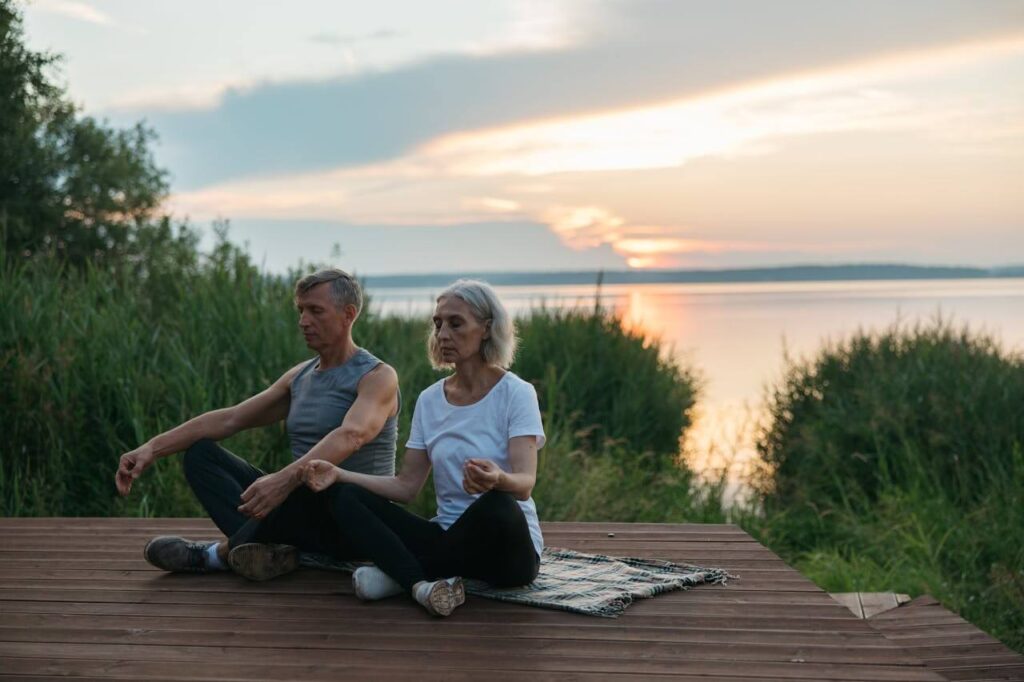
Benefits of Meditation
Transforming Mind and Body
Embarking on a meditation journey offers a profound transformation of the mind and body. This ancient practice, once the preserve of monks and mystics, has now found its place in the modern wellness toolkit due to its undeniable benefits.
- Enhancing Mental Health: Meditation’s core benefits include its power to reduce stress and alleviate anxiety. Focusing on the mind and calming thoughts helps release the accumulated stress that affects our mental health. Regular practitioners report a noticeable decrease in anxiety levels, fostering a sense of peace and calm in their daily lives.
- Physical Health Benefits: The benefits of meditation extend beyond the mental and emotional, impacting physical health in numerous ways. Research has shown that consistent meditation can improve sleep patterns, helping individuals fall asleep faster and enjoy a more restful night’s sleep. Moreover, meditation has been linked to blood pressure regulation, offering a natural way to manage hypertension and contributing to overall cardiovascular health.
- Emotional Well-being and Self-awareness: Meditation cultivates a deepened self-awareness and emotional well-being. Individuals learn to recognize their thought patterns, emotional responses, and triggers by encouraging introspection and promoting a reflective state. This heightened self-awareness leads to better emotional regulation, increased patience, and a more compassionate outlook towards oneself and others. Learn more.
The Science Behind Meditation
The transformative power of meditation is not just anecdotal; a growing body of scientific research backs it.
- Overview of Research Findings: Numerous studies have validated the positive effects of meditation on the human mind and body. For instance, research published in reputable medical journals points to significant changes in brain structure associated with regular meditation. These changes enhance areas related to attention, emotional regulation, and mental flexibility while reducing activity in regions related to stress and anxiety.
- Personal Testimonials and Expert Opinions: Personal stories from individuals who have integrated meditation into their lives offer compelling evidence of its benefits. From improved mental clarity and stress management to enhanced creativity and problem-solving abilities, the testimonials are as varied as they are inspiring. Moreover, medical professionals and mental health experts increasingly endorse meditation as a complementary practice to traditional treatments for a range of conditions, highlighting its value in promoting holistic well-being.
The convergence of personal experiences and scientific research paints a clear picture: meditation is a powerful tool for transforming mind and body, offering a path to improved health, emotional balance, and self-awareness. Meditation provides a proven pathway to achieving these goals, whether seeking to reduce stress, improve physical health, or deepen emotional resilience. Learn more.
Preparing for Meditation
Setting Up Your Meditation Space
Embarking on your meditation journey begins with crafting a personal sanctuary that invites tranquility and focus. Here are critical steps to setting up your meditation space:
- Choosing a Quiet Location: Find a peaceful corner where interruptions are minimal in your home. This could be a seldom-used room, a garden nook, or even a closet transformed into a mini-retreat. The goal is to associate this spot with calmness and relaxation, making it easier to enter a meditative state.
- Comfortable Seating Arrangements: Comfort is paramount. Opt for a cushion or chair that supports your posture without causing discomfort. Your seating should allow your feet to rest flat on the ground or support a comfortable cross-legged position.
- Importance of Minimal Distractions: Ensure your meditation area is free from visual and auditory distractions. Consider gentle lighting—natural light or dim lamps—and perhaps introduce elements like plants or a simple water fountain to enhance the serenity of the space. The less clutter and noise, the more conducive your environment will be for meditation. Learn more.
What You Need to Get Started
Meditation doesn’t require elaborate setups or expensive gear. Here’s what you need:
- Essential Tools and Accessories (Optional): A meditation mat or cushion can enhance comfort. Some beginners find guided meditation apps or timers helpful for keeping track of their sessions without distraction.
- Creating a Routine and Schedule: Consistency is vital in meditation. Try to meditate simultaneously each day, even if it’s just for a few minutes. Morning sessions energize your day, while evening practices help you unwind and reflect.
Meditation Techniques and Practices for Beginners
Step-by-Step Guide to Your First Meditation
Embarking on meditation for beginners can seem daunting, but with these simple steps, you’ll find your rhythm:
- Choosing the Right Technique: Start with mindfulness or focused attention meditation. These practices are accessible and form the foundation for many other meditation techniques.
- Breathing Exercises and Focus Tips: Begin by observing your breath. Notice the sensation of air entering and exiting your nostrils or the rise and fall of your chest. If your mind wanders, gently return your focus to your breath.
- Duration and Frequency of Practice: Daily, aim for short sessions (5-10 minutes). Gradually increase the duration as you feel more comfortable, remembering that consistency is more beneficial than sporadic, longer sessions. Learn more.
Overcoming Common Challenges
Meditation is a skill that improves with practice. Here are tips for navigating common hurdles:
- Dealing with Distractions: Accept that distractions are a natural part of the learning process. Acknowledge them without judgment and return your focus to your breath or chosen point of concentration.
- Managing Expectations and Frustration: Progress in meditation is often subtle. Approach each session without specific expectations, and treat moments of frustration with kindness and patience.
- Tips for Consistent Practice: Create a meditation habit by linking it to a daily routine, like brushing your teeth in the morning. Be flexible with yourself, and remember that any meditation is better than none.
Enhancing Your Meditation Experience
Incorporating Mindfulness into Daily Life
Embarking on a meditation journey opens the door to a more mindful existence, transforming ordinary moments into opportunities for deep presence and peace. Mindfulness, the art of being fully present and engaged with the now without judgment, can be woven into the fabric of daily life with simple yet profound exercises:
- Simple Exercises for Everyday Mindfulness:
- Mindful Eating: Make each meal a meditation by fully engaging your senses. Notice the colors, textures, and aromas of your food. Chew slowly, savoring each bite, and acknowledge the food’s journey to nourish your body.
- Mindful Walking: Transform routine walks into mindful explorations. Focus on the sensation of your feet touching the ground, the rhythm of your breath, and the sights and sounds around you. This practice grounds you in the present moment, fostering a sense of peace and connectivity.
- Mindful Listening: Engage in conversations with total presence, listening actively without formulating a response. Notice the tone, pace, and emotional nuances in the speaker’s voice. This not only enhances communication but also deepens your relationships. Learn more.
Advanced Techniques and Resources
As your meditation practice evolves, exploring advanced techniques and resources can further enrich your experience:
- Deepening Your Meditation Practice:
- Experiment with longer meditation sessions or incorporate new techniques such as mantra meditation or visualization. Attending meditation retreats can also offer immersive experiences, facilitating deeper insight and growth.
- Incorporate a weekly self-reflection session to assess your progress, challenges, and insights. This helps tailor your practice to your evolving needs and goals.
- Books, Apps, and Courses for Further Learning:
- Books: Titles like “Wherever You Go, There You Are” by Jon Kabat-Zinn and “The Miracle of Mindfulness” by Thich Nhat Hanh provide profound insights and practical advice for deepening mindfulness practices.
- Apps: Leverage technology with apps like Headspace and Calm, offering guided meditations, mindfulness exercises, and educational resources to support your journey.
- Courses: Look for local or online courses on meditation and mindfulness. These can offer structured learning paths, community support, and expert guidance to enhance your practice.
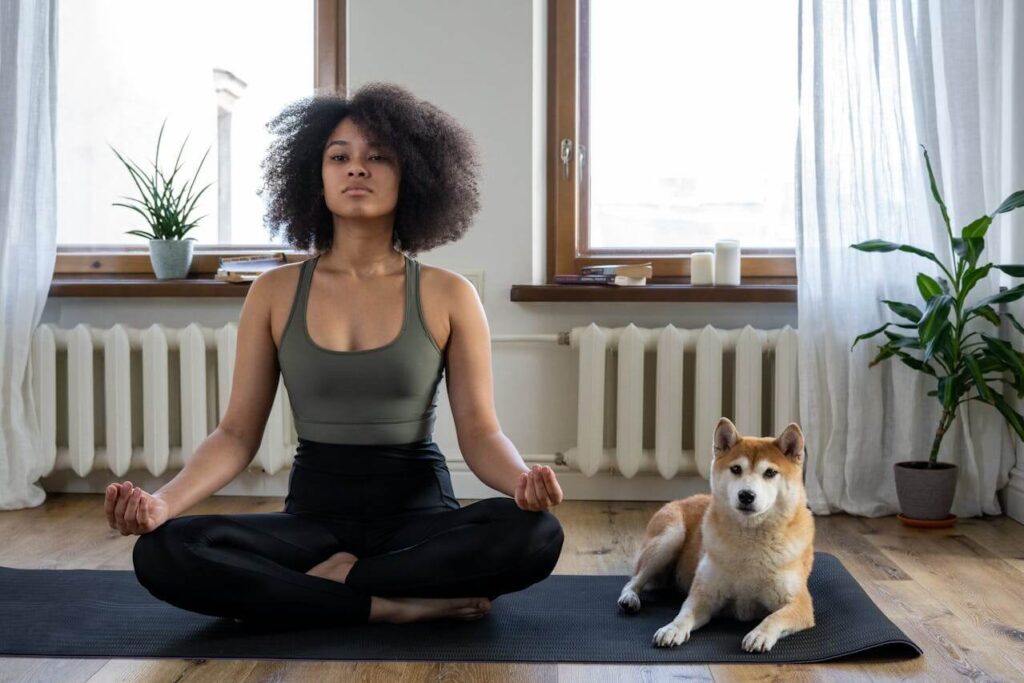
Final words
As a beginner, your journey into meditation and mindfulness is a path of discovery, growth, and transformation. By incorporating mindfulness into daily life and exploring advanced techniques and resources, you unlock more profound layers of peace, presence, and awareness.
We encourage you to continue exploring the vast landscapes of meditation, deepen your practice, and embrace the journey with openness and curiosity. Please share your experiences, challenges, and triumphs with us and the wider community. Your journey is unique yet resonates with the collective exploration of human consciousness and well-being.
- Sacred Plant Medicine Retreats in Georgia
- 5 Ayahuasca Retreats in California Worth Exploring
- 7 Best Aya Retreats in America. Click here.
- Mcdonough Ayahuasca retreat
- Conley Ayahuasca retreat
- Whitesburg Ayahuasca retreat
- Brooks Ayahuasca retreat
- Gay Ayahuasca retreat
- Williamson Ayahuasca retreat
- Orchard Hill Ayahuasca retreat
- Glenn Ayahuasca retreat
- Luthersville Ayahuasca retreat
- Shady Dale Ayahuasca retreat
- Bowdon Junction Ayahuasca retreat
- Sargent Ayahuasca retreat
- Greenville Ayahuasca retreat
- Lovejoy Ayahuasca retreat
- Winston Ayahuasca retreat
- Rutledge Ayahuasca retreat
- Moreland Ayahuasca retreat
- Molena Ayahuasca retreat
- Lebanon Ayahuasca retreat
- Good Hope Ayahuasca retreat
- Haralson Ayahuasca retreat
- An Inclusive List of Psychedelic Quotes
- Mount Ayahuasca retreat
- Grantville Ayahuasca retreat
- Pine Lake Retreat near
- Rydal Ayahuasca retreat
- Porterdale Ayahuasca retreat
- Waco Ayahuasca retreat
- Temple Ayahuasca retreat
- Bethlehem Ayahuasca retreat
- Jenkinsburg Ayahuasca retreat
- Adairsville Ayahuasca retreat
- Red Oak Ayahuasca retreat
- Woodbury Ayahuasca retreat
- Cassville Ayahuasca retreat
- Redan Ayahuasca retreat
- North Decatur Ayahuasca retreat
- Grantville Ayahuasca retreat
- Hillsboro Ayahuasca retreat
- Jackson Ayahuasca retreat
- Braselton Ayahuasca retreat
- Zebulon Ayahuasca retreat
- Flovilla Ayahuasca retreat
- Auburn Ayahuasca retreat
- Warm Springs Ayahuasca retreat
- Scottdale Ayahuasca retreat
- Lithia Springs Ayahuasca retreat
- Villa Rica Ayahuasca retreat
- Grayson Ayahuasca retreat
- Sunny Side Ayahuasca retreat
- Senoia Ayahuasca retreat
- Locust Grove Ayahuasca retreat
- Chamblee Ayahuasca retreat
- Fairburn Ayahuasca retreat
- Snellville Ayahuasca retreat
- Monticello Ayahuasca retreat
- Union City Ayahuasca retreat
- Tallapoosa Ayahuasca retreat
- Bremen Ayahuasca retreat
- Hampton Ayahuasca retreat
- Monroe Ayahuasca retreat
- Marble Hill Ayahuasca retreat
- Madison Ayahuasca retreat
- Dawsonville Ayahuasca retreat
- Felton Ayahuasca retreat
- Concord Ayahuasca retreat
- Mansfield Ayahuasca retreat
- Taylorsville Ayahuasca retreat
- Roopville Ayahuasca retreat
- Turin Ayahuasca retreat
- Franklin Ayahuasca retreat
- Clarkdale Ayahuasca retreat
- Talking Rock Ayahuasca retreat
- Jersey Ayahuasca retreat
- Kingston Ayahuasca retreat
- Bostwick Ayahuasca retreat
- North Metro Ayahuasca retreat
- Meansville Ayahuasca retreat
- Social Circle Ayahuasca retreat
- White Ayahuasca retreat
- Rhode Island Ayahuasca retreat
- Maryland Ayahuasca retreat
- Delaware Ayahuasca retreat
- New Jersey Ayahuasca retreat
- Connecticut Ayahuasca retreat
- Massachusetts Ayahuasca retreat
- Hampshire Ayahuasca retreat
- Pennsylvania Ayahuasca retreat
- New York Ayahuasca retreat
- Florida Ayahuasca retreat
- South Carolina Ayahuasca Retreat
- North Carolina Ayahuasca Retreat
- West West Virginia Ayahuasca retreat
- Virginia Ayahuasca retreat
- Ohio Ayahuasca retreat
- Alabama Ayahuasca retreat
- Mississippi Ayahuasca retreat
- Tennessee Ayahuasca retreat
- Kentucky Ayahuasca retreat
- IndianaAyahuasca retreat
- ILLINOIS Ayahuasca retreat
- Missouri Ayahuasca retreat
- Arkansas Ayahuasca retreat
- Louisiana Ayahuasca retreat
- Texas Ayahuasca retreat
- Oklahoma Ayahuasca retreat
- KansasAyahuasca retreat
- Ayahuasca retreats near me in Experiment.
- A wellness retreat in Georgia
- What is Ayahuasca?
- Embark on a Journey of Transformation with Spiritual Healing
- Unveiling Healing Energy at the Temple of Umi
- 10 Energy Healing Techniques to Transform Your Life
- Where to get Ayahuasca in the USA
- Top Ayahuasca retreats in the USA. Learn more.
- Cost of Ayahuasca Retreat: Balancing Cost and Experience. Learn more.
- What is trauma bonding?
- A Journey into the Healing Properties of Psychedelic Mushrooms. Learn more.
- Ayahuasca Retreat Georgia – Experience Spiritual Awakening
- Spiritual Retreats Georgia
- Shaman in America Exploration
- Shamanism – Shamanic healing
- Shaman Healing Guide
- Ayahuasca ceremonies Ayahuasca ceremonies near you in the USA
- Ayahuasca Experience
- DMT Journey, Benefits, and Side Effects
- Iowaska – What is it?
- Plant medicine retreats in Georgia
- Why massage is beneficial, according to a cardiologist.
- Are mushrooms truffles – What Is a Truffle?
- 11 Best Ayahuasca Retreats in the USA for Spiritual Healing
- What is Rapé?
- What is a Tincture?
- Where to find Ayahuasca near me
- Healing retreats USA
- Best Retreats USA

